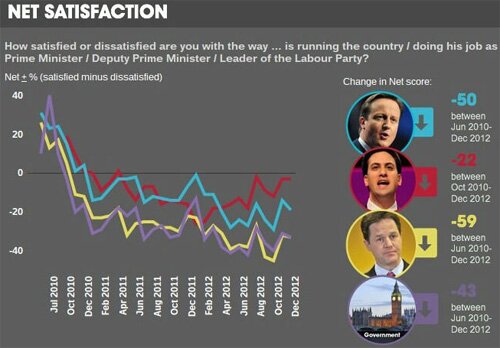Labour Shadow Secretary for International Development Ivan Lewis made an important and very welcome speech on international development on Tuesday, about what we should be aiming for once the Millenium Development Goals (MDGs) expire in 2015.
It is worth a deeper look, as it sets out a far more strategic vision than his similarly good Party conference speech.
The core of his message was that:
The new framework needs to be values led, rooted in social justice including reducing inequality, sustainable growth and good governance practiced by all development actors. Our overarching aims should be clear and measurable.
By 2030 to have eliminated absolute poverty, begun to reduce inequality, protected scarce planetary resources and ended aid dependency. Ending aid dependency is the right objective for greater equality and the dignity, independence and self determination of nations and their citizens. It should be a core part of the mission of Centre left development policy.
He called his approach a new ‘social contract without borders’ to replace the existing MDGs and the speech is full of commitment to decent work, more jobs, better wages and what is essentially a welfare state approach (eg education, health and sewerage) to international development.
He was even good enough to mention the Robin Hood Tax as one of the innovative possible sources of funding.
He returned again and again to the issues of jobs and tackling inequality, and an international development policy centred on those two themes would I think be both popular domestically and effective abroad.
It would be a good summary of a decent social democratic policy for the UK as well, and he and his shadow ministerial colleagues stressed that much of what they were calling for internationally was similar to what Labour is in favour of domestically.
As well as his support for decent work and living wages, he had relatively sharp words for business, calling for ‘responsible capitalism’. And, unusually for politicians these days, he was quite specific about what that meant. Companies that don’t abide by the principles of decent work and sustainable growth shouldn’t get DFID contracts, and all government procurement should be on that same basis.
Criticisms? Well, there were some quiet intakes of breath from the audience about his suggestion that we should end absolute poverty and end aid dependency by 2030. I’m with him on that (at least as a starting point for debate): if we’re going to set targets and outline visions, they should be challenging. How much absolute poverty would we be happy to see around the world by 2030? How much aid dependency would we be happy with?
—
A longer version of this post is at the Touchstone blog.




